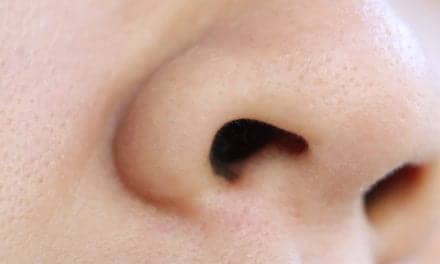As an example of the age-old adage “one man’s trash is another man’s treasure,” researchers suggest that a chemical called sesaminol, abundant in sesame seed oil, may have protective effects against Parkinson’s disease.
“Currently there is no preventive medicine for Parkinson’s disease; we only have coping treatments.” Associate Professor Kojima-Yuasa led her research group through a series of experiments to understand the effects of sesaminol on in vitro and in vivo Parkinson’s disease models.
— OCU Associate Professor Akiko Kojima-Yuasa, who led her research group through a series of experiments to understand the effects of sesaminol on in vitro and in vivo Parkinson’s disease models
What is Sesaminol?
Sesaminol is a large sub-type of classical lignans—sometimes referred to as furofurans. They are low molecular weight polyphenols found in plants that possess a wide range of important biological activities. Seaminol is a naturally occurring trace compound and a potential natural antioxidant.
Parkinson’s disease is caused when certain neurons in the brain involved with movement break down or die due in part to a situation called oxidative stress – neurons in the brain come under extreme pressure from an imbalance between antioxidants and reactive oxygen species (ROS).
How Can It Protect Against Parkinson’s?
The team suggests via cell-based in vitro experiments that sesaminol protected against neuronal damage by promoting the translocation of Nrf2, a protein involved in the response to oxidative stress, and by reducing the production of intracellular ROS, a media release from Osaka City University explains.
In vivo experiments brought the team equally promising results. The impairment of movement due to Parkinson’s disease is the result of damaged neurons producing less dopamine than is naturally needed.
The team suggests that mice with Parkinson’s disease models show this lack of dopamine production. However, after feeding the mice a diet containing sesaminol for 36 days, the research team saw an increase in dopamine levels. Alongside this, a rotarod performance test revealed a significant increase in motor performance and intestinal motor function, the release continues.
[Source(s): Osaka City University, EurekAlert]
Related Content:
Parkinson’s Patients, Swing on This: Golf May Be More Beneficial Than Tai Chi
Medical Cannabis Use and Parkinson’s: Survey Reveals All
These Five Genes Play Role in Lewy Body Dementia, Parkinson’s





